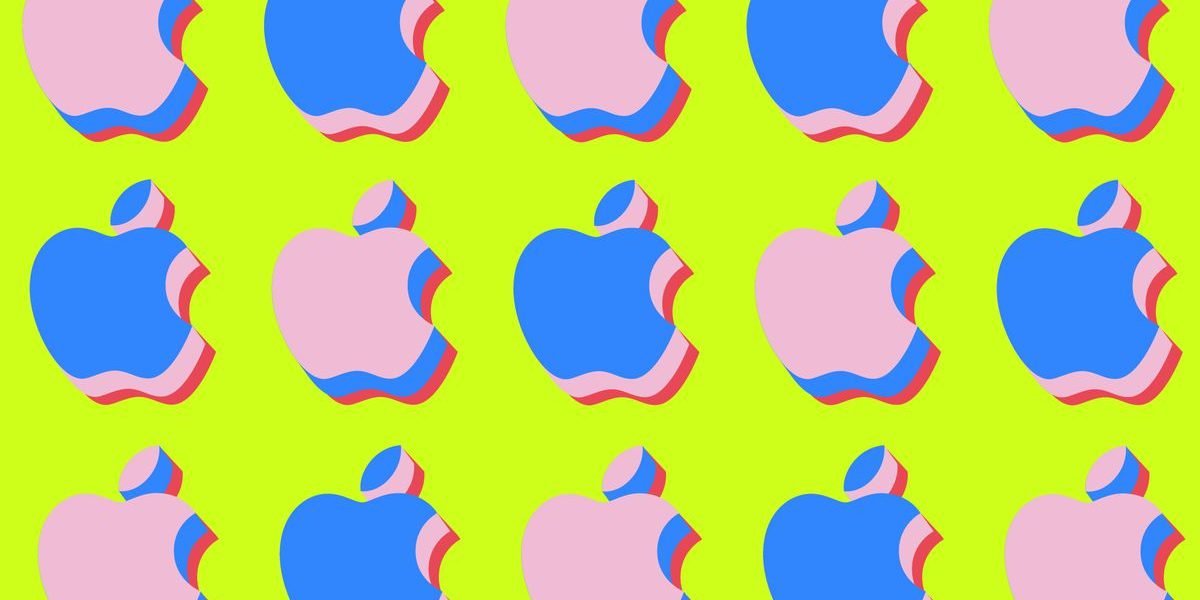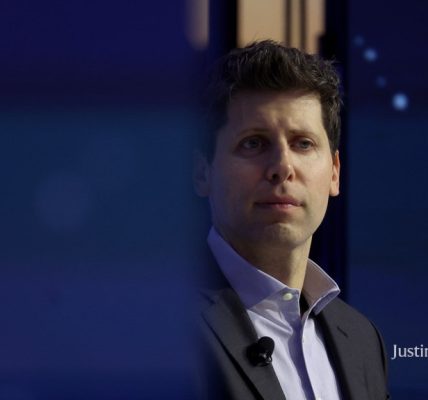How Apple is pushing through the App Store rules? Theoretical considerations and some frustrations on a new fee structure for developers in the EU
Still, this is the structure that Apple is offering for now, and the possibilities for iOS developers and the ecosystem at large are huge. One of them will have to push through the fee structure for Apple before they can make the jump.
Yet critics say those changes, although drastic, do not go far enough to comply with new EU rules, and a new fee system for developers reveals how Apple is not yet ready to release its grip on the App Store.
Critics of Apple practices complained about the 50 euro cent fee. Epic CEO Tim Sweeney obliquely referred to them as “junk fees.” Spotify CEO Daniel Ek seemed to be teasing out whether it was worth bothering with the new scheme in a post on X (formerly Twitter). “Imagine you have an active base of hundred million users,” he asked, leaving the results of the thought experiment hanging.
This makes for an expensive proposition. Developers can still stay inside the App Store and have no installation fee if they want to, but they will have to pay the old 30 percent cut. They can try to get out of Apple’s App Store rules but they have to pay a heavy fee before they can.
Additionally, critics point out that Apple will require a €1,000,000 letter of credit from an “A-rated” financial institution in order to establish an alternative app store in the EU.
The fee is also particularly tough on smaller apps. An app that goes crazy can easily surpass 1 million installs, and since many apps do not charge users upfront, they could quickly burn a lot of cash. It might be a problem for some of the social apps like BeReal or Clubhouse. They would have paid millions for their skyrocketing popularity — and then continue to pay millions as they sit on people’s phones unused.
Developers have to move their users to a third-party app store in order to launch a company’s store. It’s not easy for applications to switch users from one store to another. A user must first install the new app store, then uninstall the old version of the app that was downloaded through Apple’s App Store, and finally, reinstall the app through the new app store.
Testut says that it was reasonable for Apple to request a 1,000,000 letter of credit. It does raise the barrier for entry, but I have learned that running an alternative marketplace comes with a responsibility to protect users. “By requiring proof of credit, this ensures marketplaces are at least legitimate businesses, reducing the risk of ‘scam’ marketplaces taking everyone’s money and leaving.”
“As a whole, I view this as positive for the platform,” Testut says. “For the first time ever, entirely new classes of apps can exist on iOS, which I believe will push the platform forward.”
Everyone is still adopting Apple’s new guidelines. AltStore, an app store that lets users sideload apps on their phone, is about to launch its app store in the EU. Riley Testut talks to Thevere about how it is working to meet Apple’s requirements so that users can download AltStore directly from their website. Testut says developers will be able to publish their apps for free on AltStore, and that they’ve added “deep Patreon integration so that developers will be able to distribute Patreon-exclusive apps to just their patrons.” AltStore doesn’t plan to charge a commission on Patreon-exclusive apps, either.
The founder of the Gas app used a fee calculator to see how much Apple will take from the app after the Core Technology Fee is applied. In a post on X, Bier explains how an app with $10 million in sales and ten million downloads will be charged over $500k per month for their App Store payment processor. That adds up to $6.2 million paid by Apple per year, compared to $250,000 per month or $3 million a year under the existing terms.
The coalition for app fairness was focused on fostering mobile app competition. Executive director Rick VanMeter said the plan “does not achieve the DMA’s goal to increase competition and fairness in the digital market — it is not fair, reasonable, nor non-discriminatory,” adding that the change forces developers “to choose between two anticompetitive and illegal options. Either stick with the terrible status quo or opt into a new convoluted set of terms that are bad for developers and consumers alike.”
David Heinemeier Hansson, the creator of Ruby on Rails and co-founder of Basecamp, says the new guidelines will discourage developers of big apps like Meta from using alternative app stores. Heinmeier Hansson writes in his post that the poison pill is meant to ensure that no second party app store ever takes off. “Without any of the big apps, there will be no draw, and there’ll be no stores. The EU’s attempts to create competition in the digital markets will be meaningless.
Four years ago, politicians in Belgium started to pay attention to complaints of how Apple’s “tax” was damaging competition and limiting consumer choice when they browsed the App Store. The Digital Markets Act was a law that the EU had to have. The idea wasn’t to break up Big Tech, former French digital minister Cédric O explained in a press conference in 2022. Instead the law was designed to break these platforms open.
The new fees and restrictions reinforce the hold that Apple has over its users, says Andy Yen, founder and CEO of Swiss s Encrypted Email and Password provider, Proton.




